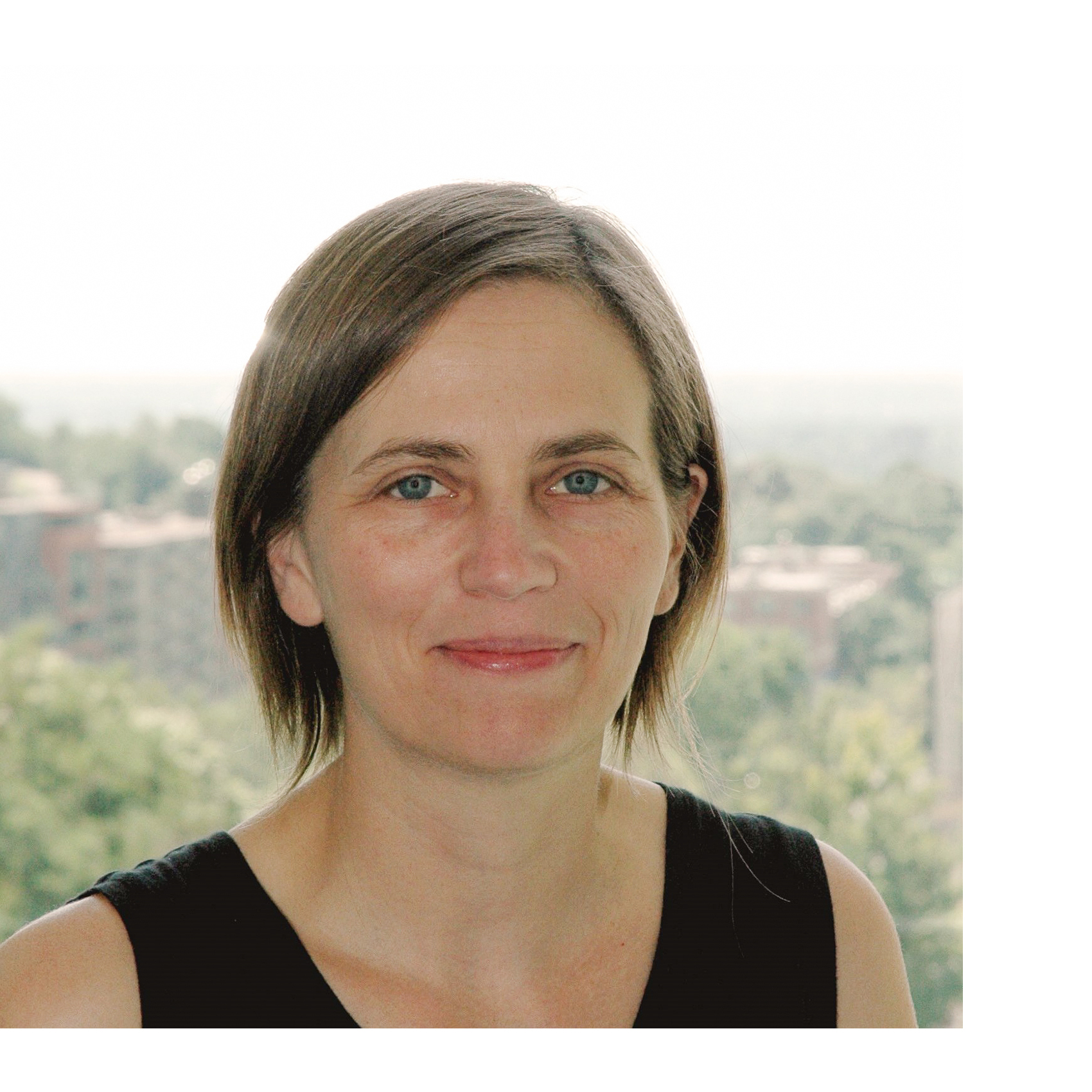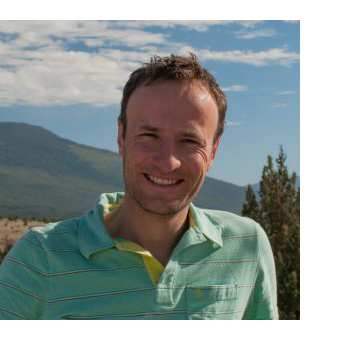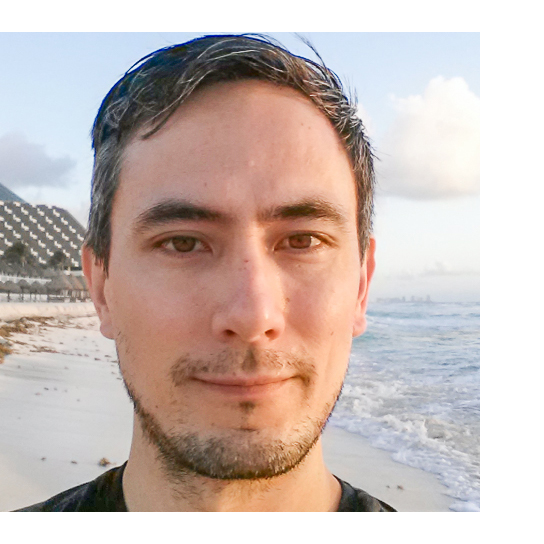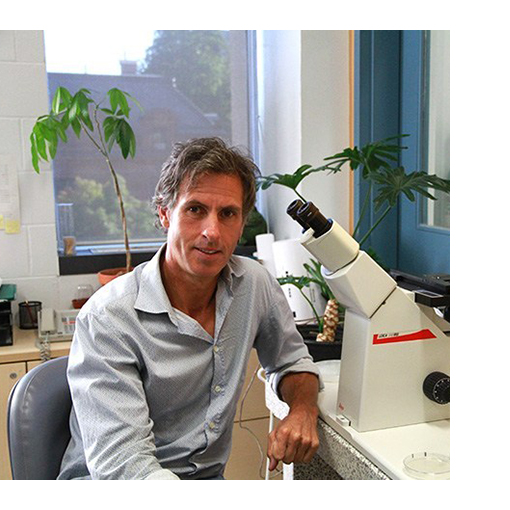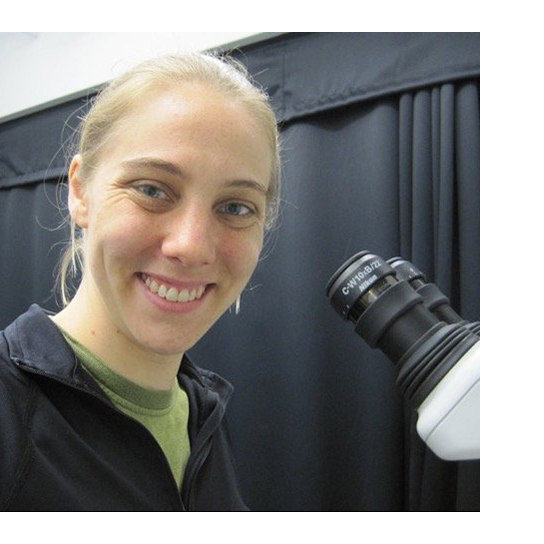Research in Molecular, Cellular, and Developmental Biology aims to uncover the molecular principles of life. Using a diverse array of model systems, we ask fundamental questions in biology across a range of scales: from microbes to mammals, from single molecules to cells and from multicellular assemblies to whole organisms. How are cell shape and cell movement controlled by cytoskeletal dynamics? How are genomes faithfully replicated and segregated during cell division? How are cells integrated into tissues to form entire organisms? What are the molecular mechanisms of ageing and how are cell growth and proliferation controlled? We address these and other questions in a collaborative, world-class research environment with access to state-of-the art facilities.
Gary Brouhard, Associate Professor
Office: Bellini Life Sciences, 267 | Email: gary.brouhard [at] mcgill.ca
Cells can build an amazing variety of structures from proteins. We are interested in the biophysical mechanisms by which cells engineer these large-scale structures--in other words, the molecular basis of morphology. More specifically, we investigate the proteins that control the microtubule cytoskeleton, the backbone of cellular morphology. Our experiments combine cutting-edge microscopy, cryo-EM, stem cells, and computational models.
Thomas Bureau, Associate Professor
Office: Stewart Biology, N4/1 | Email: thomas.bureau [at] mcgill.ca
Cells can build an amazing variety of structures from proteins. We are interested in the biophysical mechanisms by which cells engineer these large-scale structures--in other words, the molecular basis of morphology. More specifically, we investigate the proteins that control the microtubule cytoskeleton, the backbone of cellular morphology. Our experiments combine cutting-edge microscopy, cryo-EM, stem cells, and computational models.
David Dankort, Associate Professor
Office: Bellini Life Sciences, 264 | Email: david.dankort [at] mcgill.ca
Cancer represents a failure of protection mechanisms to quell rogue cells that have sustained oncogenic mutations. We study how RAS/BRAF oncogenes subvert growth restraints, leading to unbridled proliferation and ultimately malignancy. We use the power of mammalian genetics in ‘state-of-the-art’ genetically engineered mouse models, cell culture and viral systems to define causative roles for RAS and BRAF-cooperating genes involved in lung cancer and melanoma development and progression.
Abigail Gerhold, Assistant Professor
Office: Stewart Biology, N5/7 | Email: abigail.gerhold [at] mcgill.ca
The Gerhold lab uses live-cell imaging, quantitative image analysis and genetic approaches, in the germline stem cells and embryonic blastomeres of C. elegans, to study the cell biology of mitosis in situ. We are interested in how fundamental mitotic processes are modified by the adoption of cell fate during development, physiological changes in the adult organism and complex tissue architectures.
Paul Harrison, Associate Professor
Office: Stewart Biology, N7/16 | Email: paul.harrison [at] mcgill.ca
Bioinformatics and computational biology. Genome evolution and annotation; analysis and annotation of pseudogenes and long RNAs, and their implications; protein folding, amyloidgenesis and the prion phenomenon.
Arnold Hayer, Assistant Professor
Office: Stewart Biology, W6/19 | Email: arnold.hayer [at] mcgill.ca
Our research is focused on three main areas: (1) Cytoskeletal dynamics during autonomous and collective mammalian cell migration, (2) polarity signaling within and between collectively migrating cells, and (3) coordination of cell motility between cells during vascular morphogenesis. We follow an interdisciplinary approach, we aim to understand the fundamental principles of how cells are organized into tissues.
Siegfried Hekimi, Professor
Office: Bellini Life Sciences, 268 | Email: siegfried.hekimi [at] mcgill.ca
Molecular genetics of aging. To understand the mechanisms that govern the lifespan of animals, we use the nematode Caenorhabditis elegans as well as mice and human cells to identify and characterize genes that affect mitochondrial function and the rate of aging. We also use drug discovery approaches to study these questions, including in a perspective of human health intervention.
Michael Hendricks, Associate Professor
Office: Stewart Biology, N5/11 | Email: michael.hendricks [at] mcgill.ca
We study the relationship between neural circuits and behaviour in the nematode Caenohrabditis elegans. We are particularly interested in how sensory perception is integrated with ongoing behaviour during navigation, plasticity and variation in foraging strategies, and the effects of developmental stress on the development of adult behaviour.
Paul Lasko, Professor
Office: Bellini Life Sciences, 277 | Email: paul.lasko [at] mcgill.ca
My research uses Drosophila melanogaster primarily to study the role of RNA-binding proteins and translational control in driving developmental processes. We also are part of a collaborative project, using Drosophila to understand how oncohistones, mutant histones expressed in certain human cancers, alter gene expression profiles and produce deleterious phenotypes.
Nam-Sung Moon, Associate Professor
Office: Bellini Life Sciences, 266 | Email: nam.moon [at] mcgill.ca
My overall research goal is to use Drosophila melanogaster to study genes that are important for human diseases. In particular, we have been investigating RB and E2F family genes whose functions are deregulated in virtually all types of cancers. Moreover, we are studying patient-derived mutations of a rare neurological disorder called Arts syndrome.
Laura Nilson, Professor
Office: Stewart Biology, N5/8 | Email: laura.nilson [at] mcgill.ca
Developmental genetics in Drosophila melanogaster. Identification and analysis of genes required in the somatic follicle cells of the ovary for patterning of the future embryo. Genetic and molecular analysis of organization and morphogenesis of the ovarian follicular epithelium.
Rodrigo Reyes-Lamothe, Associate Professor
Office: Bellini Life Sciences, 271 | Email: rodrigo.reyes [at] mcgill.ca
The Reyes lab is interested in fundamental aspects of cell proliferation, genome duplication and genome integrity. In recent years we have focused on the understanding of the molecular machinery that replicates DNA. Our group uses single-molecule live-cell imaging and other quantitative approaches to characterize the function of proteins in their native milieu. We use both bacteria and eukaryote model organisms to gain an evolutionary perspective of these problems.
Richard Roy, Professor
Office: Pulp & Paper Institute | Email: richard.roy [at] mcgill.ca
We use C. elegans as a model to address how a key metabolic sensor regulates mechanisms involved in adaptation and developmental plasticity. Our primary interests include understanding how small RNA pathways mediate these changes through communication between the soma and the germ line, resulting in epigenetic changes that can be heritable over multiple generations.
Frieder Schöck, Associate Professor
Office: Stewart Biology, N8/12 | Email: frieder.schoeck [at] mcgill.ca
We study cell-matrix adhesion and the actin cytoskeleton, in particular, how integrin-associated proteins regulate adhesion during muscle attachment and myofibril assembly in the fruit fly Drosophila. Our research will shed light on the regulation of integrin adhesion and its coordination with the actin cytoskeleton, and will lead to a better understanding of muscle disorders.
Jacalyn Vogel, Professor
Office: Bellini Life Sciences, 269 | Email: jackie.vogel [at] mcgill.ca
The mitotic spindle plays an essential role in the transmission of genetic information during cell division in all eukaryotic cells. We focuse on spindle dynamics and cell cycle control mechanisms. We use budding yeast as a model for the detailed analysis of these evolutionarily conserved processes, using high-resolution microscopy, biochemistry, molecular genetics, and the analysis of relevant genetic networks and protein structure-function relationships using genomic and bioinformatics methods.
Alanna Watt, Associate Professor
Office: Bellini Life Sciences, 265 | Email: alanna.watt [at] mcgill.ca
The Watt lab is focused on understanding how brain circuits develop and are modified throughout a lifespan in both healthy brains and in animal models of neurodegenerative diseases. We use a battery of experimental approaches to address these questions, including electrophysiology, imaging, transgenic and viral activity manipulations, and behaviour.
Stephanie Weber, Associate Professor
Office: Stewart Biology, N5/16 | Email: steph.weber [at] mcgill.ca
The Weber lab uses quantitative live-cell imaging and physical modeling to understand how biological systems establish and dynamically regulate spatial organization. We are particularly interested in the assembly of phase-separated compartments, their role in transcriptional regulation, and their impact on cell growth and size control.
Tamara Western, Associate Professor
Office of Science Education
Office: Stewart Biology, N8/2 | Email: tamara.western [at] mcgill.ca
Agency and identity in science education. In addition to disciplinary knowledge and skills, it is critical for undergraduate students to develop agency, learning autonomy, and an identity as a scientist. Our group studies the development of these critical skills during research experiences and authentic assessments in science undergraduate education.
Monique Zetka, Associate Professor
Office: Pulp & Paper Institute | Email: monique.zetka [at] mcgill.ca
Proper chromosome morphogenesis is required for the faithful segregation of chromosomes during meiosis and can be readily studied in the nematode Caenorhabditis elegans. The research goals of my laboratory are to investigate the function and regulation of meiotic chromosome organization using a combination of genetics, molecular biology, and high-resolution cytogenetics.
Hugo Zheng, Professor
Office: Stewart Biology, N5/10 | Email: hugo.zheng [at] mcgill.ca
The overall goal of my research is to understand how genes regulate membrane trafficking as cell morphology changes during plant development and in response to environmental stresses. I am currently focused on investigating proteins involved in the formation of the endoplasmic reticulum as well as the intra- and inter-cellular movement of viral vesicles in Turnip mosaic virus infection.



